by Judith Segaloff
According to New York native and resident Zev Brenner, CEO of Talkline Network, who regularly covers the topic of antisemitism for his radio broadcasts, while antisemitism is nothing new, it has gotten bolder with the rise in street crime in the New York area.
Antisemitism is on the rise throughout the Western world, particularly targeting haredi Jews and particularly in certain Diaspora urban centers, according to The Center for the Study of Contemporary European Jewry at Tel Aviv University.
The finding is detailed in the center’s 22nd annual Antisemitism Worldwide Report, which was published in collaboration with the American Defamation League.
This writer has strong personal recollections of walking to the synagogue in Brooklyn, New York, long before antisemitic incidents were reported and tracked, being pelted by pennies, taunted as we walked by. “Pick them up, Jews!” Antisemitism has always been there, albeit unreported. What makes this different?
“Things now are worse than ever in my lifetime,” said Dov Hikind, Founder of Americans Against Antisemitism and former assemblyman for many Brooklyn neighborhoods. “There is something different right now. Unfortunately, we’re going in circles. We need to be strong, proud, tough and unafraid, but as of right now, even with all the organizations out there, we lack leadership. And the antisemites know it and see us as weak,” he said.
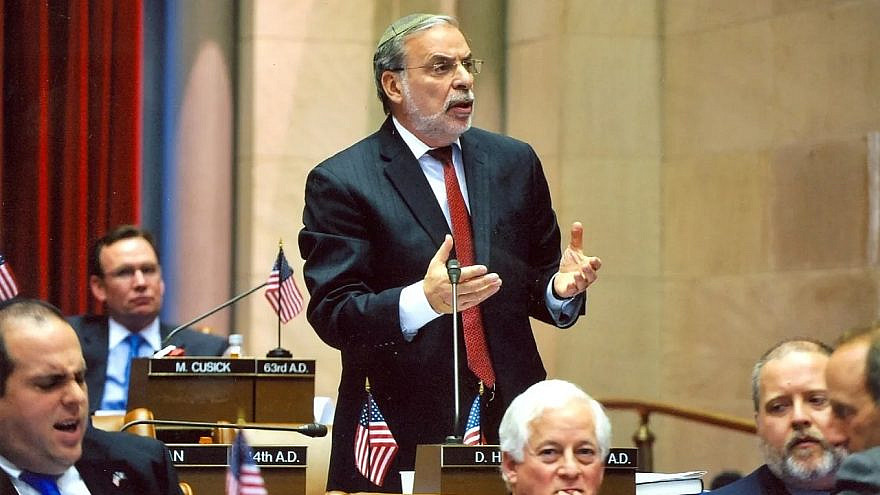
According to New York native and resident Zev Brenner, CEO of Talkline Network, who regularly covers the topic of antisemitism for his radio broadcasts, while antisemitism is nothing new, it has gotten bolder with the rise in street crime in the New York area. He says that people have gotten more reckless on the roads and in committing crimes. And if they can get away with crime, people become emboldened.
“In New York people don’t have confidence in District Attorney [Alvin] Bragg,” said Brenner. “We have bail laws that let criminals out with no penalty. People are emboldened to attack anyone, but especially Jews who are visibly different.”
Brenner himself was targeted just a few weeks ago as he stood on a crowded subway platform. Someone threw a bottle at him that hit him in the stomach. He couldn’t tell who threw it, but he was the only one on the platform wearing a kippah, and has no doubt as to why he was singled out.
“When we looked at the numbers, one of the things that we found, over 90% of acts of antisemitism have been committed by other minorities,” said Hikind. Furthermore, “90% of the incidents were happening in Crown Heights, Williamsburg, Boro Park and Midwood, where people are easy to identify as Jews.”
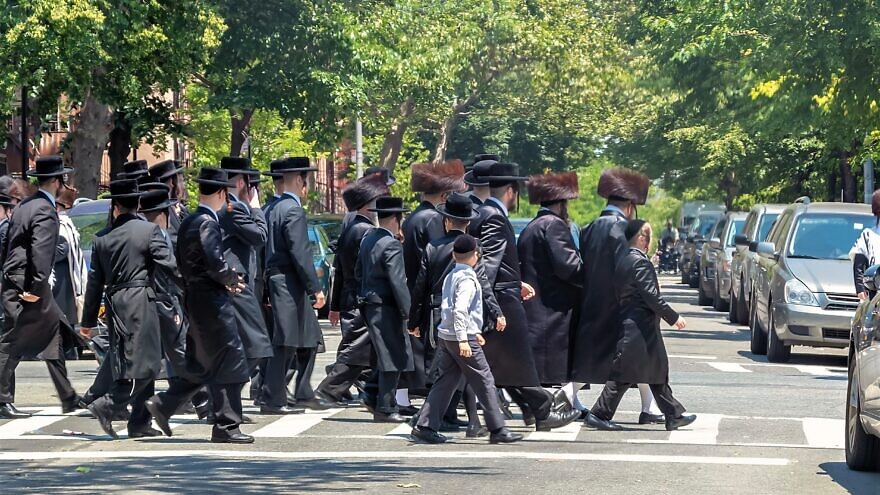
Antisemitism comes from all sides, from white supremacists on the right, and from woke ideologues, many of whom demonize Israel, on the left. According to Brenner, the preponderance of attacks in the New York Orthodox Jewish neighborhoods are by blacks. But he points out that haters hate everybody, and can come from all backgrounds. Asians have been targets as well.
Over the years, antisemitism has challenged the concept of free speech in America and throughout the world. And digital media makes it all far more insidious.
“What we’ve seen now is intolerable,” said Carl Yonker, senior researcher for the TAU report. “Beyond the incidents reported, we are seeing a normalization and acceptance of antisemitism. Social media allows people to spew antisemitic conspiracy theories to a wide and anonymous audience.”
In 2021, record levels of antisemitism were attributed to social tensions created by the coronavirus pandemic, as well as Israel’s “Operation Guardian of the Walls,” launched in response to missile fire from Gaza. In 2022, the findings suggest that the rise was not transient.
Attacks appear to be clustered in urban areas, with Brooklyn, New York, London and Los Angeles leading the list, and target mostly haredi Jews. According to the report, some assaults are motivated by hatred of Israel, others by a bullying impulse against those who appear most different and vulnerable, and many are treated as “minor incidents” instead of the hate crimes they are.
One such attack occurred on April 2022, when Matt Greenman, a counter-protester at a pro-Palestinian demonstration in New York City, was punched, dragged and beaten by Saadah Masoud, who called him “Yahood” (“Jew” in Arabic) and stole his Israeli flag, setting it aflame. For this and because he had committed two other crimes in 2021, the Staten Island resident pled guilty to charges of federal hate crimes in November 2022 and was sentenced to 18 months in prison on March 3, 2023, for conspiracy to commit antisemitic hate crimes.
The wheels of justice turned slowly, but in the right direction in this case. It isn’t always so, unfortunately, and prosecuting hate crimes is a challenge. In the Jewish community of Williamsburg, Brooklyn, after many hate incidents, Jews expressed anger at judges who frequently let repeat offenders go free.
“These cases are usually prosecuted at the local level, but in this case the perpetrator had been involved in two other priors,” explained Gerard Filitti, senior counsel for The Lawfare Project, which provides pro bono legal services to protect the civil and human rights of the Jewish people worldwide.
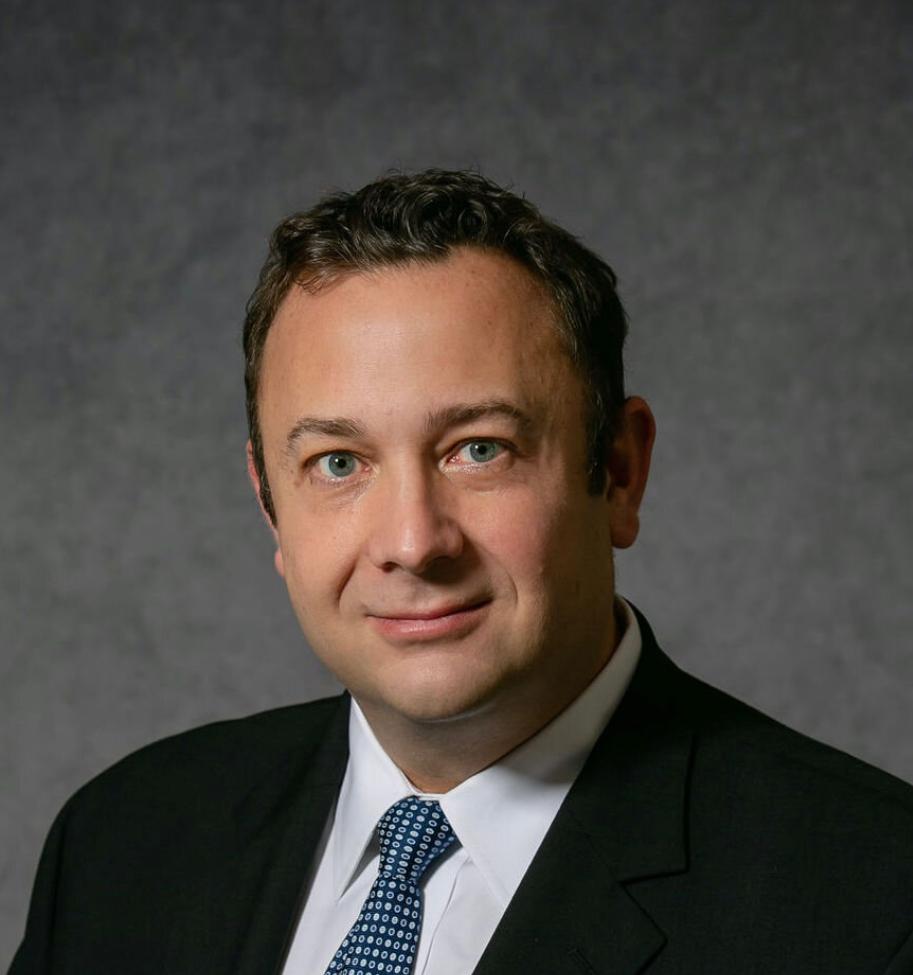
According to NYPD data, 607 hate crime complaints have resulted in only 320 arrests, meaning nearly 50% of perpetrators face no consequences.
“Why, in the age of minority rights movements, are Jews still arguing for their basic rights to life?” asked Brooke Goldstein, human rights attorney, author of “End Jew Hatred” and founder and executive director of The Lawfare Project. “In America today it is socially acceptable to discriminate against Jews. The excuse is masked as a political one. We have not been able to claim parity.”
Her organization had made the argument that the Greenman case wasn’t been handled on the state level, said Goldstein. “Overall, there is a failure of prosecution. The fact that Jews are being targeted in New York City–where they live–in the very capital of Jewish life; this is eerily like Berlin pre-war.”
In a case still being adjudicated, Joey Borgen, who wears a kippah, was walking to a pro-Israel rally on May 20, 2021, when several attackers knocked him to the ground, beat him with a metal crutch, signs and fists, kicked him and burned his face with mace and pepper spray, shouting, “Dirty Jew, f@#$ Israel, Hamas will kill you all!” Borgen sustained a concussion and required surgery.
The defendants, five in all, are due in court on April 20, 2023. While the penalty for an attack such as this—gang assault and commission of a hate crime—is generally six years, the ADA has already offered one of the defendants a plea deal for six months, which has outraged the Jewish community.
“We are continuing to try to send a message to the judge that this is a serious matter for the Jewish community,” said Filitti. “Bragg has failed to adequately address hate crimes in the Jewish community. In Joey’s case, the terms of the plea deal are shocking—six months. People are incredulous. The DA’s office is sending the message that when Jews are attacked it doesn’t matter.”
Goldstein added: “Every single minority community deserves equal protection under the law.”
According to Hikind, as bad as the figures are, the reality is worse.
“The majority of incidents aren’t even reported,” he said. “The victims say it won’t make a difference.”
In London’s Stamford Hill, researchers reported that some haredi residents experience physical attacks as a reality of Jewish life. Case studies presented in the report indicate that even in places where Jews are not a part of society, such as among the Houthis of Yemen where almost no Jews reside, propaganda creates Jew-hatred; in Japan two political parties in parliament espouse anti-Jewish conspiracy theories.
The report points out that loyalists of Putin’s regime made dangerously antisemitic statements, and Germany thwarted a nationalist coup attempt.
According to the report, in 2022, the New York Police Department registered 261 anti-Jewish hate crimes, up from 214 in 2021, 30 of which were assaults, up from 20 in 2021. The Los
Angeles Police Department saw 86 anti-Jewish hate crimes, up from 79 and the Chicago Police Department recorded 38, up by 8 in 2021.
The ADL’s yearly audit of antisemitic incidents in the United States counted 3,697 incidents in 2022, compared to 2,717 the year before, the highest number the ADL has ever noted.
Vandalism crimes increased by 51%, and assault was up as well. There were 91 bomb threats targeting Jewish institutions, the highest number since 2017. Australia registered 478 antisemitic incidents in 2022, up from 447 in 2021. Hungary saw an increase in 2022, as did Mexico. Belgium recorded 17 antisemitic assaults in 2022 up from 3 in 2021, and Italy recorded 241 incidents of mostly online antisemitism in 2022, up from 164.
France recorded 436 antisemitic incidents in 2022, down from 589 in
2021. Canada also saw a decline, as did the United Kingdom, Argentina,
Germany, Brazil and South Africa.
The report found that the largest number of physical attacks reported
occurred in New York and London, mostly on streets or on public
transportation, not in synagogues or Jewish centers, and appeared to be
spontaneous, their main target being those who were identifiably Jewish.
“When I walk around on a European Street, people don’t know that I’m Jewish,” explained Professor Uriya Shavit, head of the Center for the Study of Contemporary European Jewry at Tel Aviv University. “Haredim are visibly recognizable as Jews. Plus, they appear to be more vulnerable.”
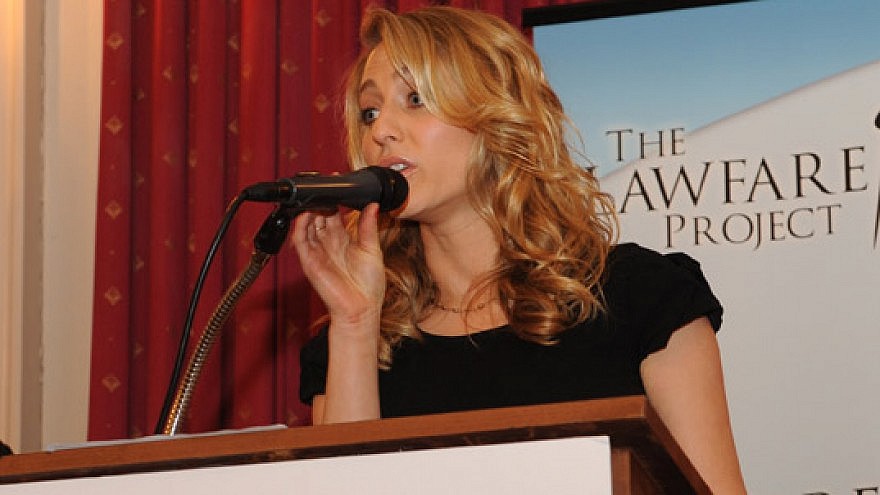
According to Shavit, “Our research indicates that effective policing, indictments and educational campaigns in a small number of urban areas in various Western countries can lead to a significant reduction in the number of violent antisemitic attacks. The fight against antisemitism must include more practical, measurable and transparent objectives and fewer declarations and cries of ‘Gevalt!’”
Goldstein agreed, but added that there also needs to be grassroots Jewish mobilization.
“The number one key to ending Jew hatred is Jewish empowerment and an effective Jewish civil rights movement modeled after other successful civil rights and minority rights movements,” she said. “We are not looking to just reduce the number of violent attacks against Jewish people! That’s pre-Holocaust mentality. We must aim for a total paradigm shift and execute a long-term strategy to end systemic bigotry against Jewish people. There needs to be Jewish unity and empowerment, and direct actions that impose real consequences on Jew hatred. But the key is unifying and mobilizing Jews to stand up for themselves.”
And what of the report that some haredim simply accept that antisemitism is a fact of life in the Diaspora? That they are taught to look down when they walk by non-Jews in the street?
“I can see where it’s coming from, from a haredi perspective,” explains Shavit. “But this attitude almost legitimizes the antisemitism, and that is not good.”
In the United Kingdom, as in New York, most of the incidents fall under an umbrella of minor offenses that are not prioritized by police, which gives the offenders the impetus to continue the assaults.
“We believe discourse and programs will lead to less antisemitism,” Shavit added. “Bias, racism and bullying is not acceptable period. That should be how we educate children.”
Teaching history of the Holocaust in non-Jewish schools is no guarantee against antisemitism, But education is a strong component of getting the message across, said Shavit.
According to Brenner, “We have to work more with the African American community.”
Part of the problem, according to Hikind, has to do with the media.
“Most media don’t want to talk about where the hate is coming from and why it’s there,” he said. “They prefer to talk about white supremacy instead of what is happening in New York, that has nothing to do with white supremacy.”
According to Goldstein, “The African American community is being incited by [civil rights activist Al] Sharpton and [Nation of Islam head Louis] Farrakhan to create a race war.”
While the Jewish community has historically worked alongside the black community, she continued, that has broken down.
“Jew hatred is disguised as an affirmative defense for lawful discrimination against Jews. There has not been a societal awakening when it comes to Jewish civil rights. There has never been a Jew for Jews movement. Which is why we launched End Jew Hatred,” she said.
One educational program is offered at The Holocaust Museum and Center for Tolerance and Remembrance, which, in collaboration with Goldstein’s organization is doing outreach specifically to the black community.
“It begins by teaching communities and schools about the Holocaust, but we bring the issues up to the current times and antisemitism,” said Goldstein.
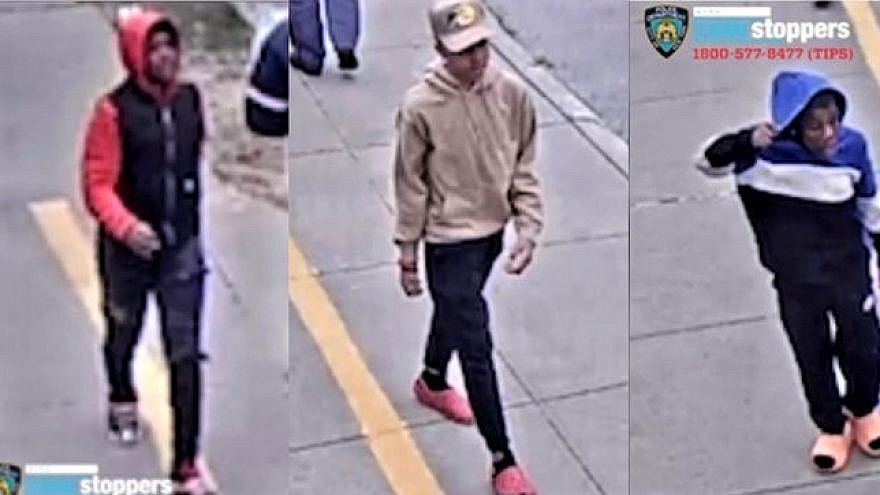
Professor Shavit says that policing can help, as the incidents happen in a very specific number of neighborhoods and areas.
“It’s common sense,” said Hikind. “Why not put police officers into these neighborhoods undercover to look like the people in the neighborhoods and catch the bad guys. It’s not rocket science.”
In the meantime, Brenner says that after sundown, New York Jews are more careful than ever before.
“A family I know hired a personal armed bodyguard to walk them home after the Seder this Passover,” he recalled. “And just last night after synagogue on the Upper West Side, a 20-year-old asked friends to accompany him from 91st Street to 106th Street.”
Additionally, Shavit said that all Jews should exhibit good examples of racial tolerance and condemn any racism we see, no matter what side of the fractured political spectrum someone happens to be on.
“There is no good racism. As Jews we should all be particularly sensitive to antisemitism. None of it is acceptable nor should it be accepted.”
Judith Segaloff
Source: https://www.jns.org/anti-semitism-is-alive-and-well-in-the-united-states/
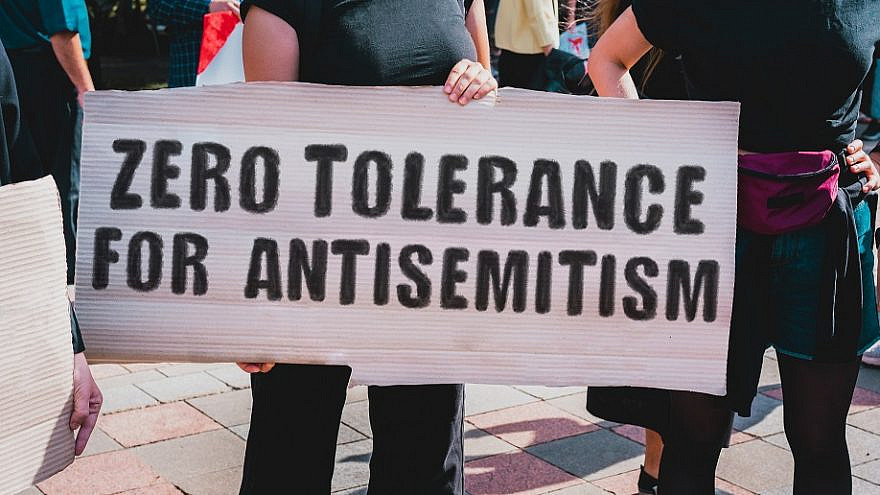
No comments:
Post a Comment